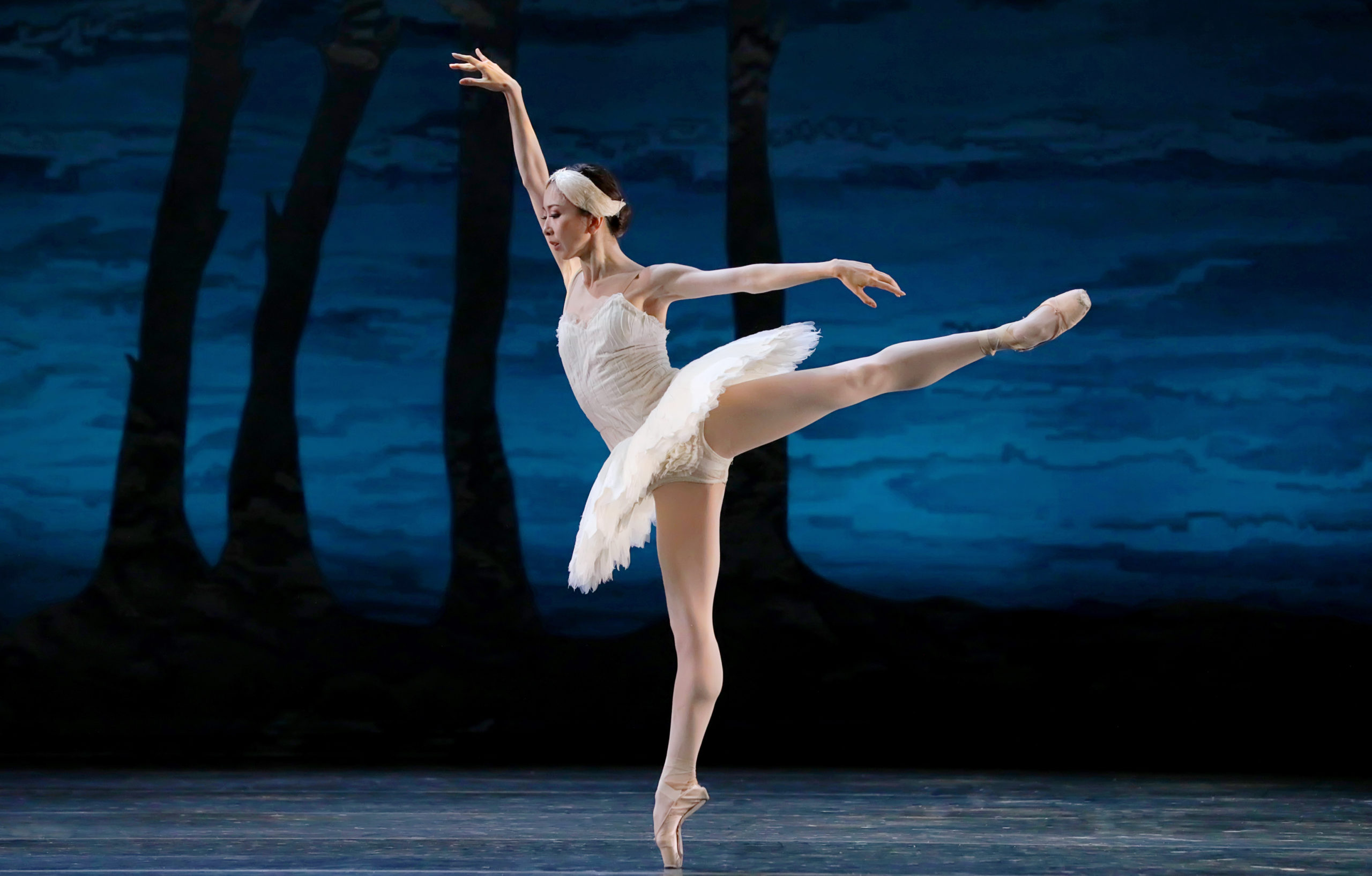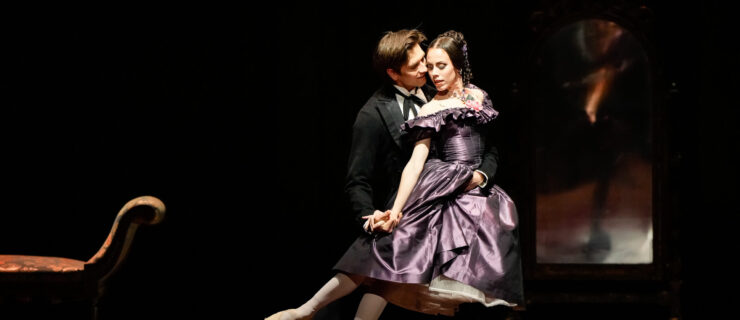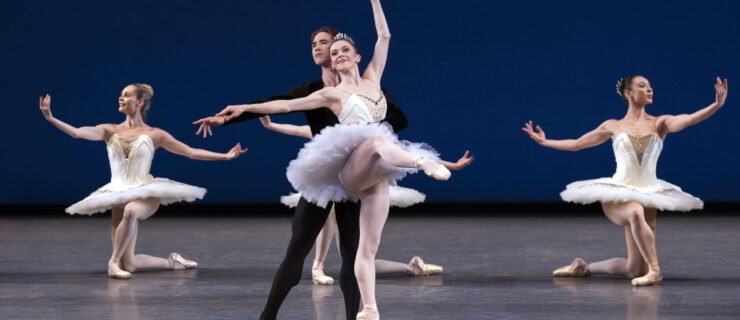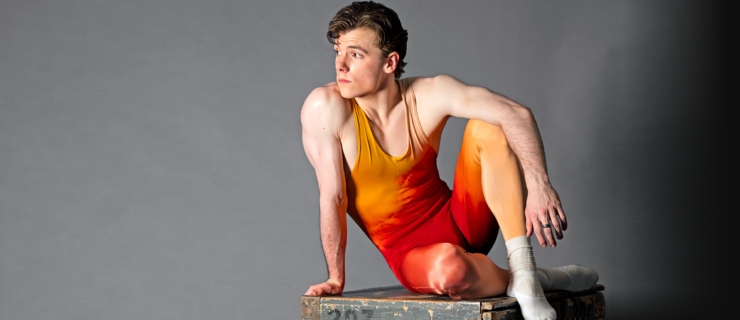Transitioning Up: 3 Dancers Who Risked Major Career Moves, and Thrived
Achieving an elevated rank in a ballet company doesn’t always equal career fulfillment. Now and again, successful dancers upend their lives and transition to new companies in hopes of finding that thing which is missing. While promotion is often a clear motivator for change, dancers can shift workplaces for many reasons.
Pointe recently spoke with several leading dancers who left established positions in dream companies to join new ones, and flourished even more. Read on to hear their stories.
Derek Dunn, Principal, Boston Ballet
At 17 years old, I competed at Youth America Grand Prix looking to continue my education in Europe. But during the competition, I was told Stanton Welch, Houston Ballet’s artistic director, was interested in hiring me. Soon after, I flew to Texas to take class with the company and was offered an apprenticeship.
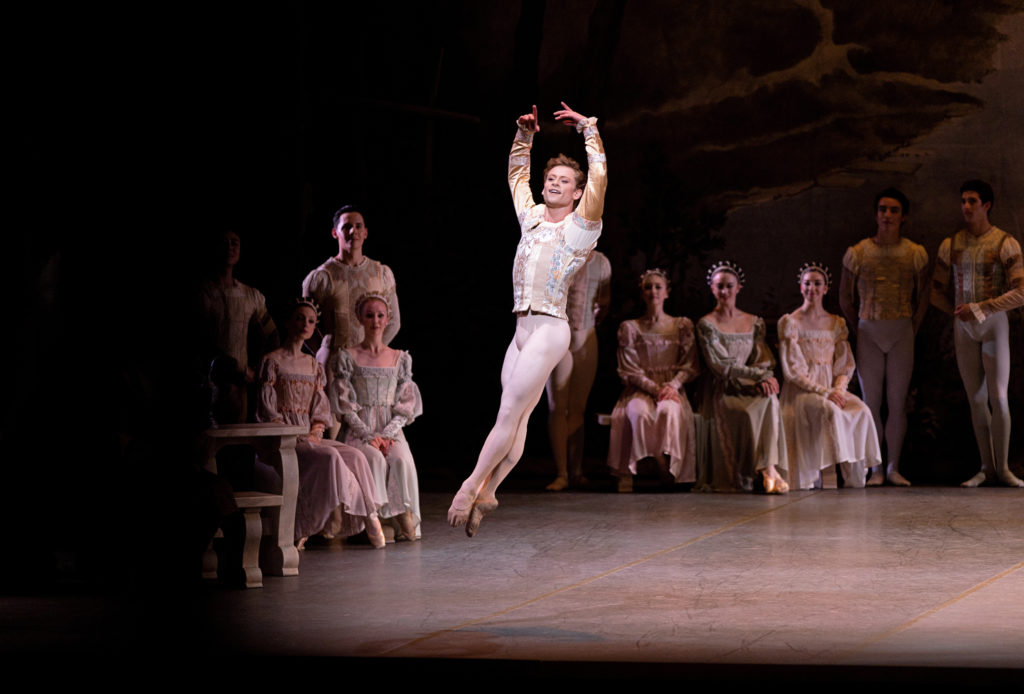
The company really set me up well. Right off the bat, I performed featured roles while also learning about professional life. I was promoted out of the corps a few years later.
While I was happy, I wanted to reach out of the box I felt put in: being typecast in “short” male roles. Beyond my height, I wanted to be seen in a more mature light. For instance, I had been cast as Fritz in Nutcracker. The dancing was really challenging, but I felt I was frequently considered for less mature roles.
In my final season with Houston Ballet, we did William Forsythe’s Artifact Suite. I had a great experience with the stagers and with Bill himself. I knew Boston Ballet had a strong relationship with him, so I looked into the company. While auditioning I immediately felt a different response to my dancing; I didn’t feel seen as a kid. And when hired, I was grateful to retain my soloist rank.
I felt a huge shift once I settled in with the company. Once I saw my aspirations to break boundaries for shorter male dancers being validated, my confidence shot up and my dancing transformed. I learned I would be promoted to principal six months after joining Boston Ballet.
In this field, it’s common to look for outside validation. But that doesn’t always happen. You really need to find that validation within yourself. I’ve now performed the Nutcracker Prince, Siegfried and Albrecht. I’m performing roles I always wanted to do, and my height and age don’t affect the way I am cast.
Raphaël Bouchard, Principal, Les Grands Ballets Canadiens
I joined Les Ballets de Monte-Carlo at age 18, eventually rising to the rank of soloist. Artistic director Jean-Christophe Maillot is a choreographer, so we mostly did his work. He was very present and pushed us forward. I was happy, but also curious to see what else was out there.
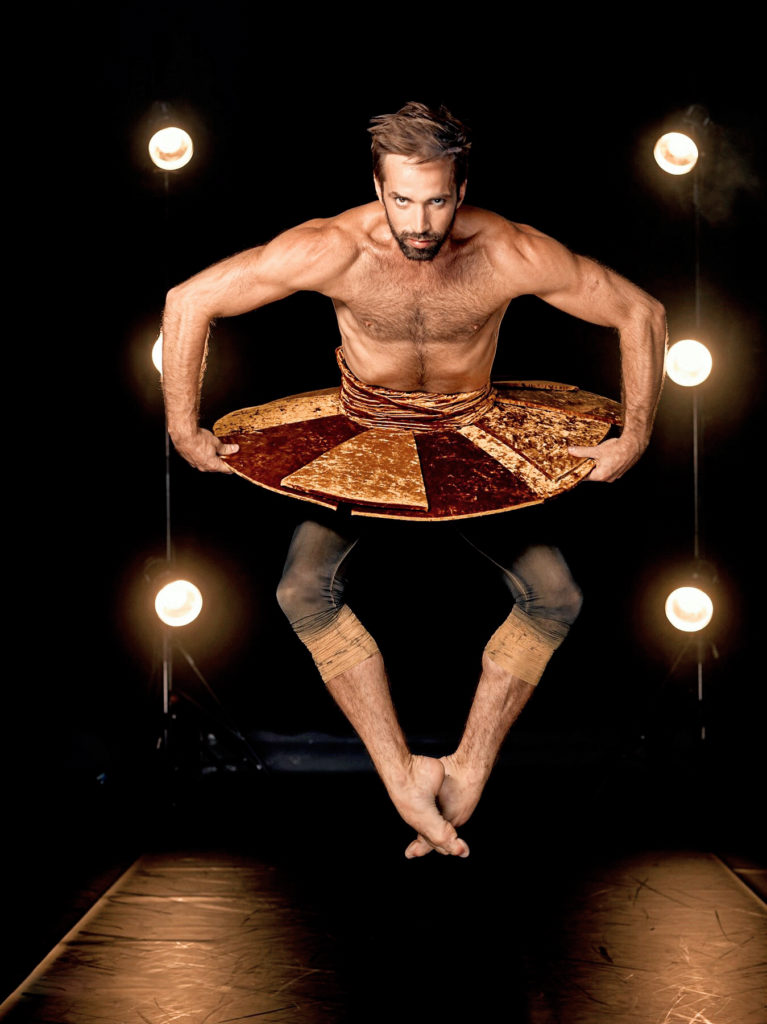
My ex-husband was staging Maillot’s Roméo et Juliette on Pacific Northwest Ballet when I tagged along to audition. After landing at the airport, we learned that the dancer playing Benvolio on opening night had been injured. They needed an emergency replacement and I knew the role, so I ended up performing that night. Later that week, I was offered a position with the company.
The change in repertoire was exciting for me. But after two years in Seattle, I wanted to return home and auditioned for Les Grands Ballets Canadiens, where I had trained. In Monaco, I danced for Jean-Christophe Maillot. In Seattle, I danced for myself. But in Canada, I would get to dance for my friends and family again. After so many years, I was thrilled by the idea of coming home a full-grown artist.
In my first few years in the company, I was regularly cast in leading roles, though I didn’t receive my principal contract until several years later. We were preparing Giselle and I requested to understudy Albrecht. Another dancer became injured before the premiere and I, subsequently, got to perform the role with two different partners. Everything changed from this moment on.
Sometime later, I learned I was being promoted to principal when I received my letter of intent. While I was shocked, it was also affirming to receive this title as confirmation of my hard work.
Often, I look back at my career and think how I would love to do it all over again. I had a great time in Monaco and learned a lot about myself as a dancer in Seattle. Sometimes, you join a company and aren’t sure if it’s the place for you. But you just have to give yourself a chance.
Yuriko Kajiya, Principal, Houston Ballet
American Ballet Theatre was my first company. I joined in 2001 and worked my way up to soloist. There was nothing wrong with my experience there. I had opportunities and performed principal roles. Plus, I had a great relationship with my coach, living legend Irina Kolpakova. But I was very comfortable and the rep was frequently similar.
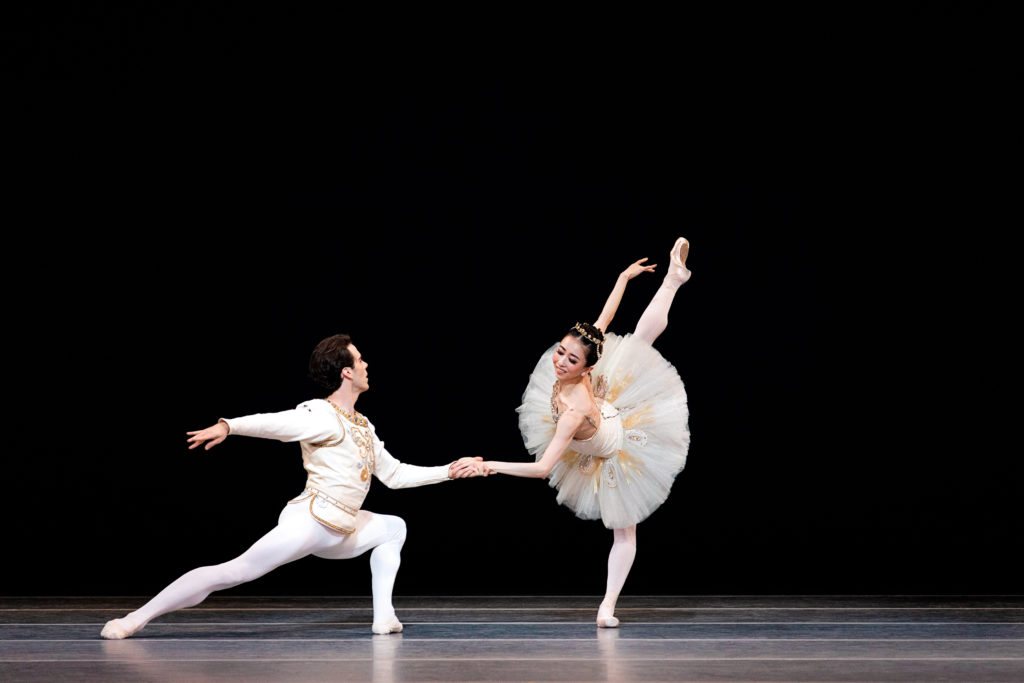
For two years, I looked at companies in search of a broader repertoire and different environment. I was fortunate to receive several offers. But I wanted to find a place that fit me.
Stanton Welch and I met when I was 17 years old, when he choreographed a new work on ABT. Because of this, we had a great relationship even before I transitioned to his company. He knew I had been attached to ABT. So, when I was mentally ready to move, he invited me to Houston to feel things out. I found myself drawn to the mix of large-scale classical ballets and contemporary works the company performs. After my visit, I was ready to transition and was hired as a first soloist.
Aside from the repertoire, I really like the environment at Houston Ballet. ABT is a touring company, so I spent many years on the road. Because of this, it was attractive to have a home base in Houston, where the rehearsal studios and theater are literally across the street from one another.
I struggled a bit my first year in the company. Adapting to new repertoire and just changing space can throw you off. But everybody was welcoming and gave me time to get comfortable. Several months after I was hired, I was promoted to principal onstage during opening night of The Nutcracker.
People often ask why I left ABT or if I would go back. I think anybody who leaves a company where they were comfortable asks this. Looking back, I don’t think I would be the same dancer if I had stayed. I am here for a reason. Everything has helped me grow.
